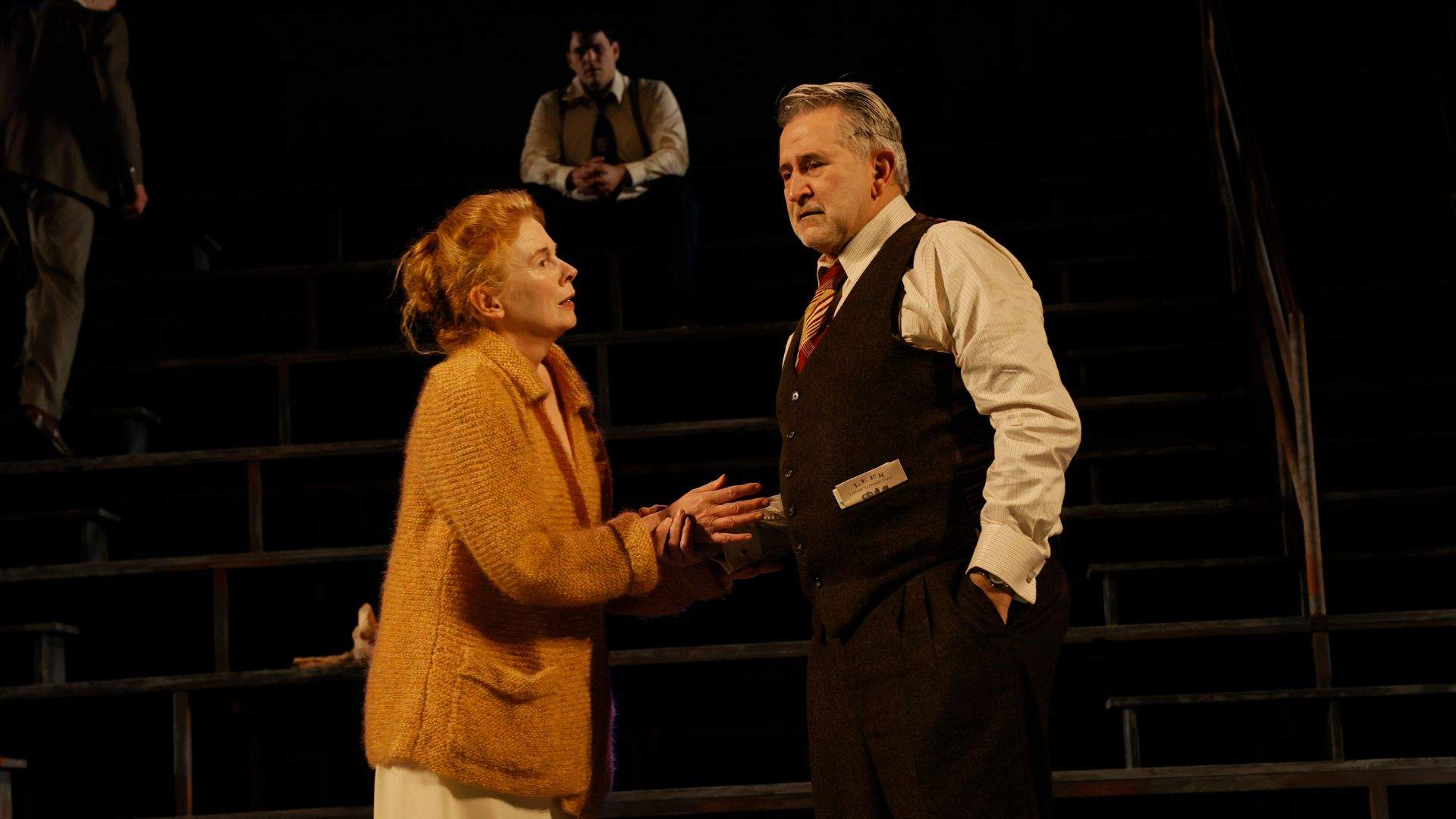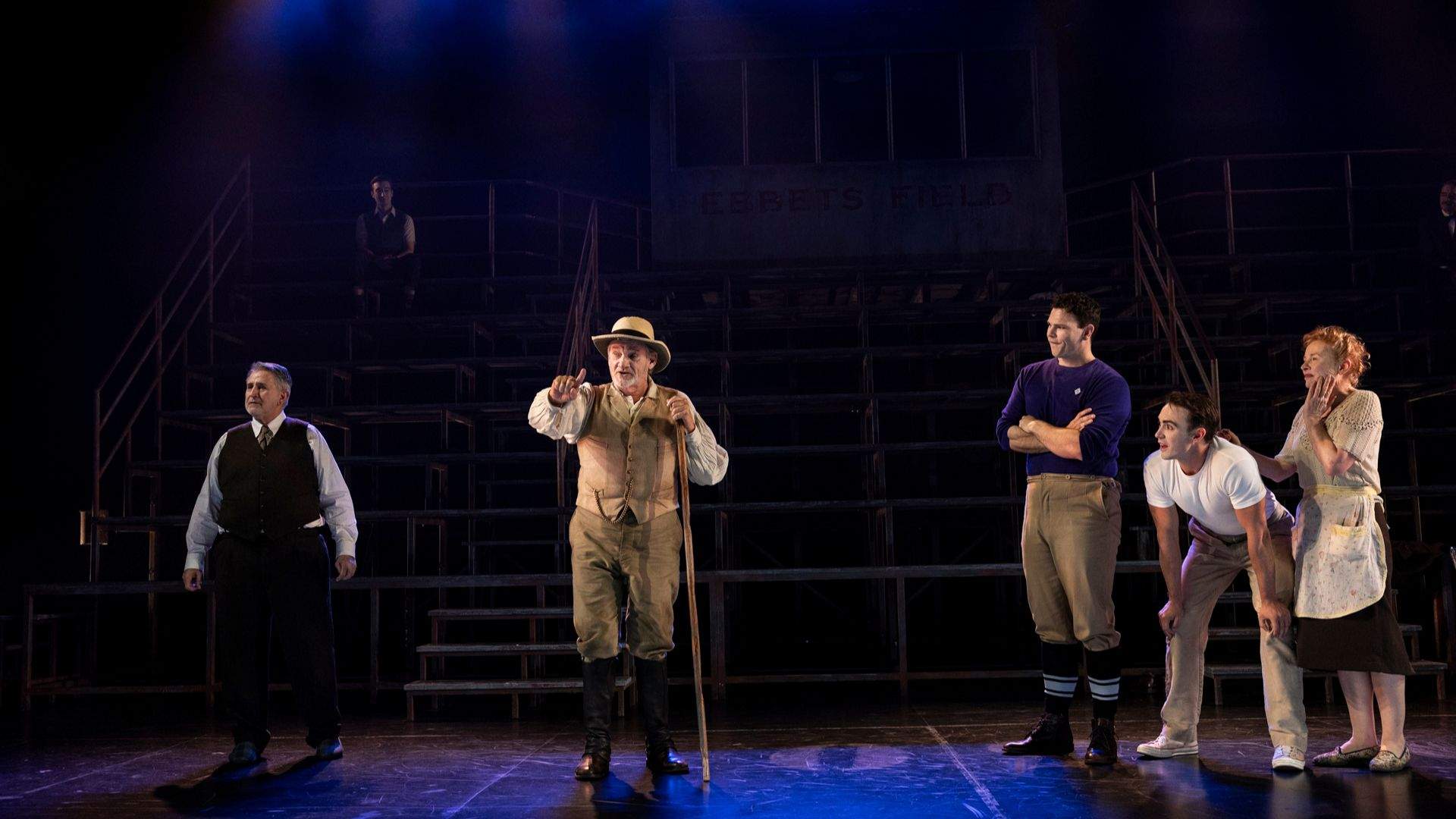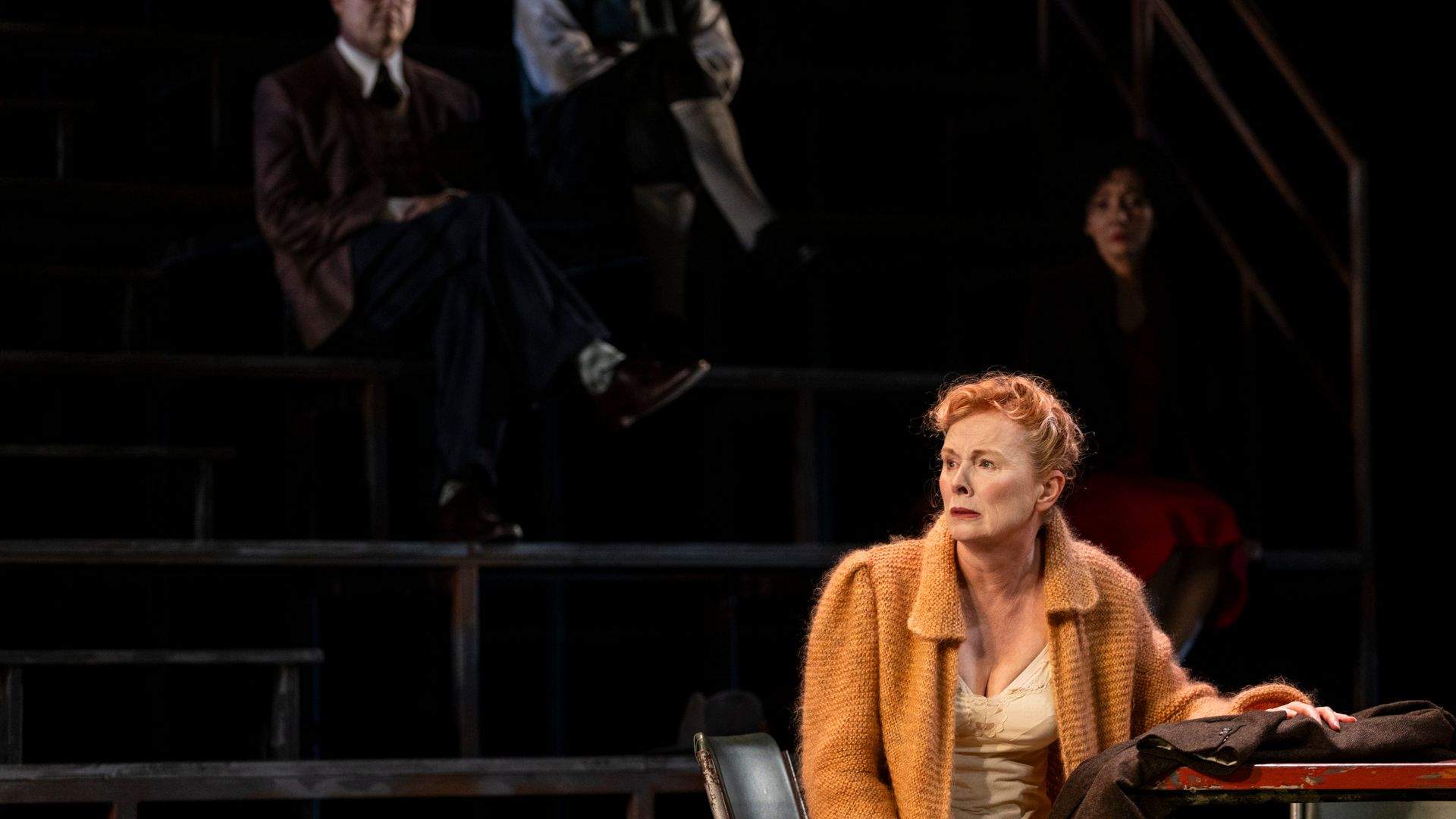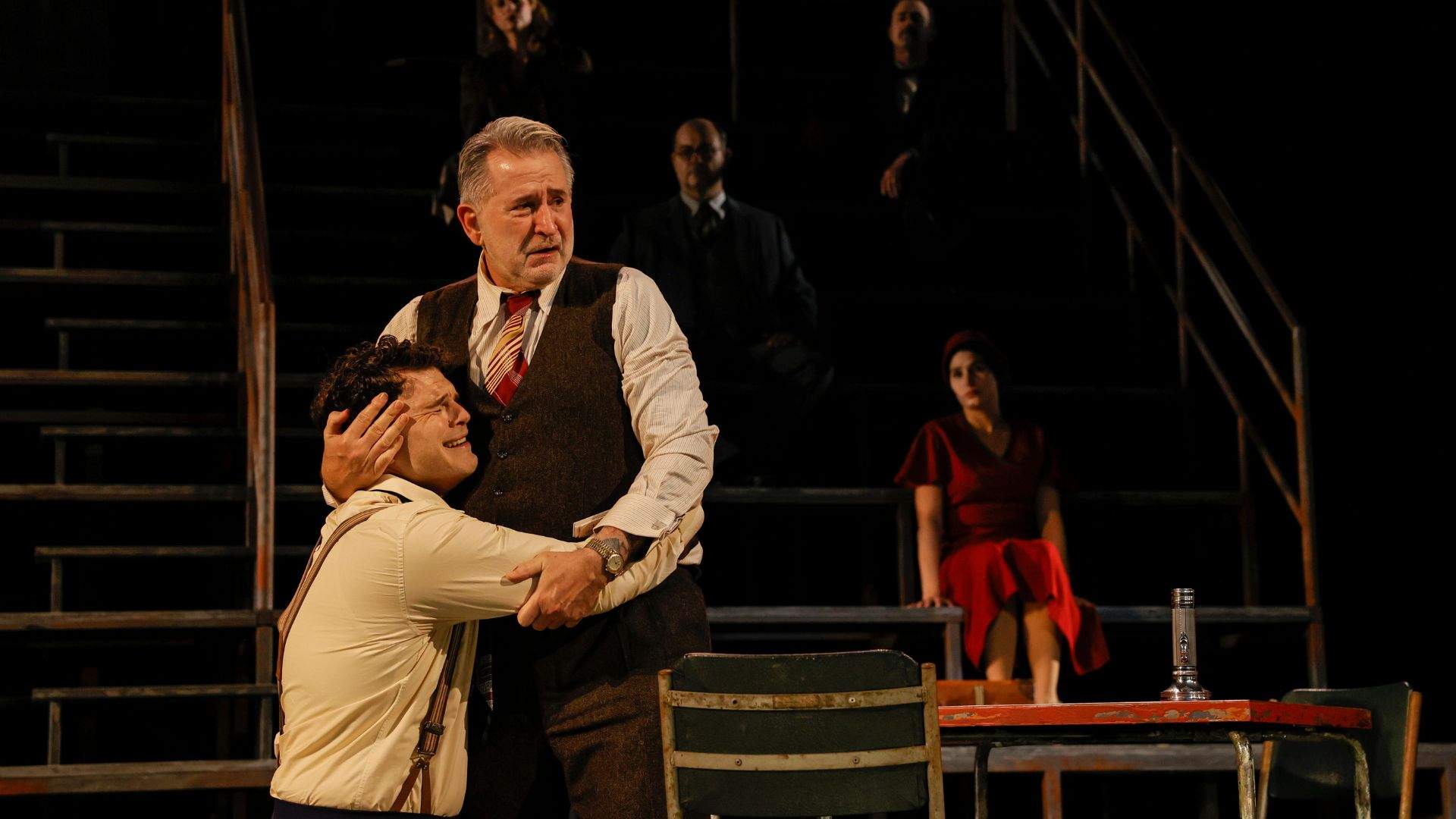Death of a Salesman
Anthony LaPaglia leads an all-star cast in Neil Armfield's new production of Arthur Miller's "great American play".
Overview
It's been 75 years since the curtain first went up on playwright Arthur Miller's Pulitzer-winning masterwork Death of a Salesman. And yet, while this tragic story is rooted in 1940s America, it has an uncanny prescience, eerily reflecting the cost-of-living pressures and influencer anxieties of today. Not that the production that plays at Sydney's Theatre Royal until Sunday, June 23 — following a critically acclaimed season in Melbourne — draws these contemporary parallels heavy-handedly. Created by Neil Armfield, one of Australian theatre's most visionary directors, this understated staging of the "great American play" lets a virtuosic cast bring its tale of financial struggle and generational trauma into guttingly relevant focus. And in doing so, it delivers some of the most powerful performances seen on a Sydney stage in years.
Willy Loman — who is portrayed with masterful nuance by Anthony LaPaglia (Boy Swallows Universe) — has spent his life being an obedient disciple to the cult of American exceptionalism. A middle-class travelling salesman who has carted his wares up and down New England for decades, Loman is propelled by a belief that greatness awaits those who work hard enough for it. He has a quintessentially nuclear family raised in the same apple-pie mould: boisterous and athletic boys Biff (Josh Helman, Furiosa: A Mad Max Story) and Happy (Ben O'Toole, C*A*U*G*H*T), who were the envy of their classmates growing up; and dutiful wife Linda (Alison Whyte, Groundhog Day The Musical), who lives to maintain the domestic bliss of a mortgaged home filled with rented appliances.

However, now in his mid-60s, Willy has found himself in a twilight realm of nostalgia and regret as he discovers the capitalist doctrine he once worshipped has betrayed him. Far from being captains of industry, his now-grown sons are lost souls desperately grasping to meet expectations far beyond their reach, while Willy's wife has become trapped by the horror of watching her husband's mind fracturing as it tries to deny an increasingly bleak reality.
Dale Ferguson's minimalist set is a rusted flight of high school bleachers where the various supporting characters sit and watch the unravelling of the Lomans. It's an apt backdrop, as there is a voyeuristic, almost transgressive quality to spectating a disaster as intimate as the implosion of a family. And yet, the gut-punching emotional truth of these performances make it impossible to look away — "attention must be paid," Linda pleads, and this production demands it.
LaPaglia weaves astonishing subtlety into the peaks and troughs of Willy's undoing, while Helman unleashes every ounce of desperate rage that his body can summon to express the depth of Biff's need to be released from the capitalist propaganda that his father has smothered him with all his life. It's Whyte, however, who provides the greatest revelation. While Willy has committed his life to chasing a false prophet, his wife Linda has committed hers to simply loving him, supporting him and championing him beyond success or failure. And it's in this act of simple devotion that she emerges not merely as the collateral damage to her husband's tragedy, but as the play's heroine.


Images: Brett Broadman.





